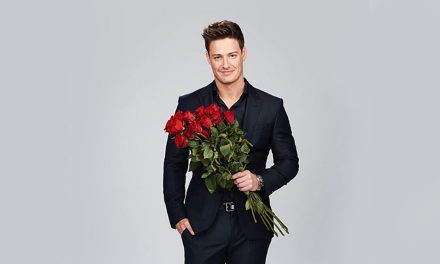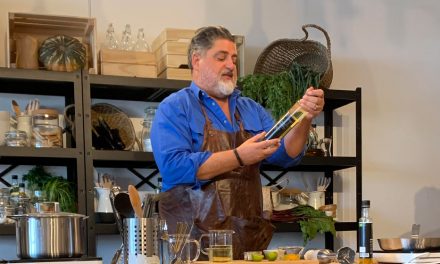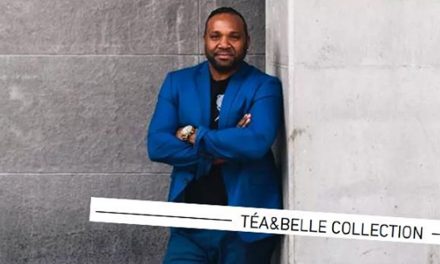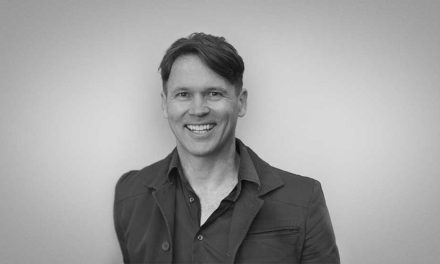Sometimes, just the simplest decisions can bring about the greatest levels of satisfaction.
Take for example Charles Barton – a retired Earth Scientist from (funnily enough) Barton, with an eclectic background that includes teaching in Africa, oil exploration in the Sahara, oceanography, pot washing and climbing mountains along the way. He’s the first person to reach both of the Earth’s magnetic poles, has an expanding mob of grandchildren and now grows weeds and wombats with his wife, Jennifer, on a toy farm in Wee Jasper.
When Charles is back in Canberra of a weekend, you can find him at Kingston Foreshore in a melee of rowing gear, tinnies, coaches and a group of physical and/or intellectual impairment folk keen to get on the water.
Welcome to para-rowing and a story about the impact it has on lives and the rewards that come from volunteering.
Why did you connect with Capital Lakes Rowing Club and, specifically, its para-rowing arm?
During early morning laps of the lake I became envious of the rowers who went faster with less effort, and got the best views of the swans and sunrises…so I joined them! That was fifteen years ago and just five years ago I became involved with the Club’s para-rowing program.
What is your involvement with the para-rowers?
I’m the program coordinator and luckily have other club members who help run the program. For many years we supported just one or two para-rowers. Two years ago we decided to expand the numbers and got a grant from ACT Sport and Recreation for specialised boats and oars that are suitable for para-rowing. Now we have 12 para-rowing members. That’s as many as we can handle. Some need one-on-one support, or even two-on-one to be safe in winter. The limitation on the number of rowers we can now support is not equipment, but the availability of volunteers.
Describe a typical Sunday morning para-rowing session.
We gather at the Capital Lakes Rowing Club shed near the Kingston Harbour at 0730 – para-rowers, parents/carers, and coaches. There’s always lots of laughter (para-rowers are a happy bunch) as we allocate boats, safety gear, stabilising floats and crews.
And then off we go!
Who can be or who is a para-rower?
Pretty much anyone with a physical or intellectual impairment who can sit in a small boat can join in. Rowers need some swimming ability, the use of two arms, and enough movement to make it possible to get into and out of boats assisted.
Describe a few of the characters you currently interact with?
We have para-rowers are who are physically, visually and intellectually impaired. Folk who have no leg action through injury or rowers who have Down Syndrome or Spina Bifida, for example.
One of our mature para rowers, who has had Muscular Dystrophy since birth, shows what can be achieved, despite being unable to walk up a step or two without support. He runs a farm in Captain’s Flat, participated in equestrian events in the 2012 London Paralympics and is currently in the US taking part in the World Water Skiing Championships. He objects vigorously to being described as disabled (clearly he is more able than most!) and replies that he simply has a condition that has to be managed. His example makes us all realise that we each have our particular conditions that have to be overcome.
Why is being a volunteer with the group important to you?
I enjoy being on the lake early in the morning and sharing this with others, particularly others who might not otherwise have the opportunity to do so. Figuring out how someone with intellectual impairments learns, responds, communicates, and can be coached is fascinating.
The impact that rowing has had on the lives of the rowers has been far beyond anything we expected. We are often told by parents that the rowers look forward to their rowing session all week. One girl, who had difficulty getting up in the mornings, has become an early morning enthusiast, acquired a good level of fitness and participates in national competitions.
What challenges do you and the club face?
For me, I would like to find out how other Clubs in Australia and overseas deal with intellectually disabled rowers and how they learn.
For the club, the current location the shed is on land destined for development. I hope the planned relocation to Grevillea Park is successful and includes disabled access, toilets and a floating dock. Our floating dock is on short-term loan and is needed elsewhere. We must have one of our own in order to operate the program safely.
Does the club need more volunteers and can anyone volunteer?
Yes and yes. The main demand is for helpers at the Sunday morning sessions – we can teach all the skills required. It would also be good to have more volunteers who are available mid-week for personal coaching sessions. We have a mix of retired people, students and others. We welcome all and any who would like to help.
Lastly, where is your favourite place in Canberra?
Lake Burley Griffin at sunrise. And sunset for lakeside picnic dinners with friends.
________________________________
Are you keen to find out more? Visit the Canberra Rowers Club website for information here: www.revolutionise.com.au





